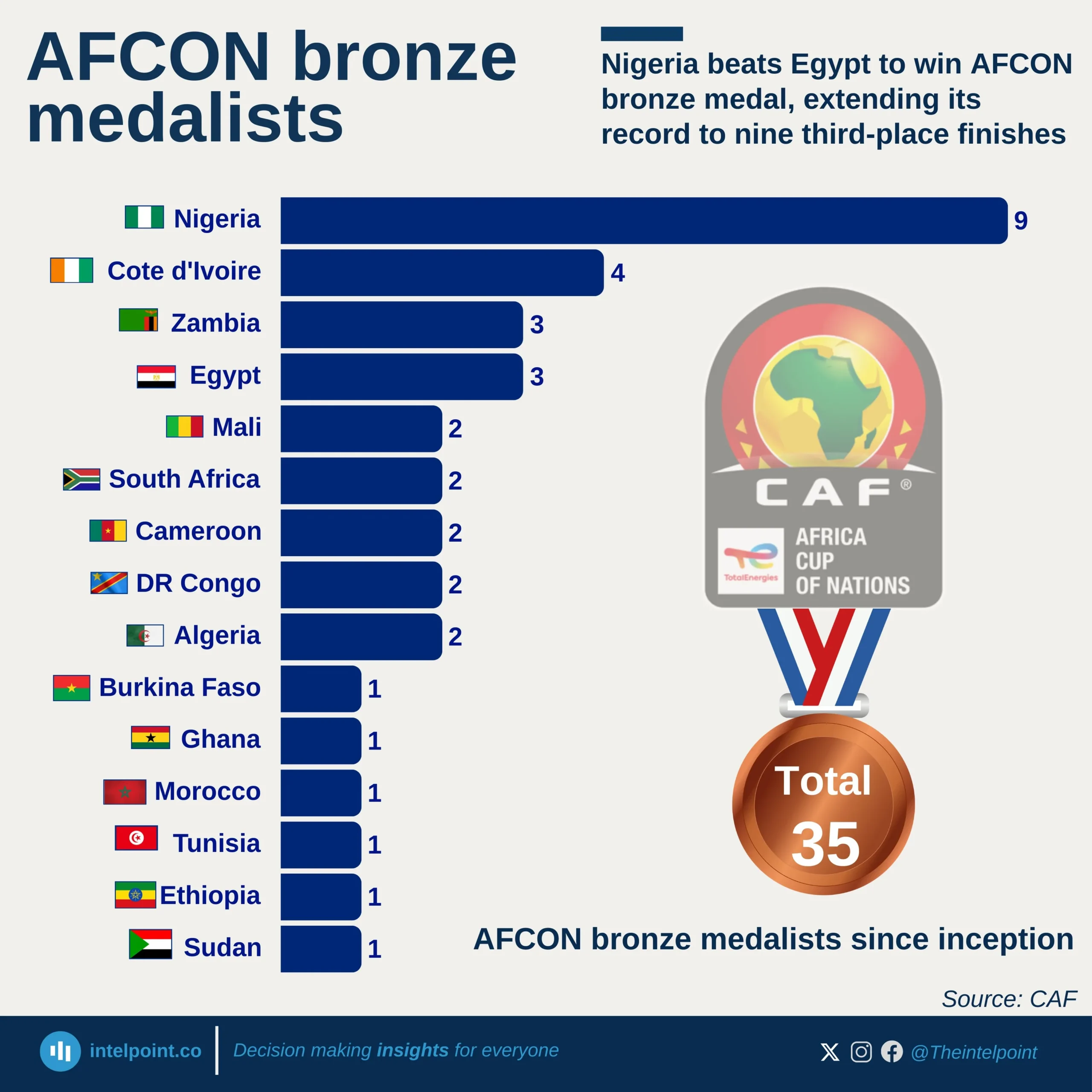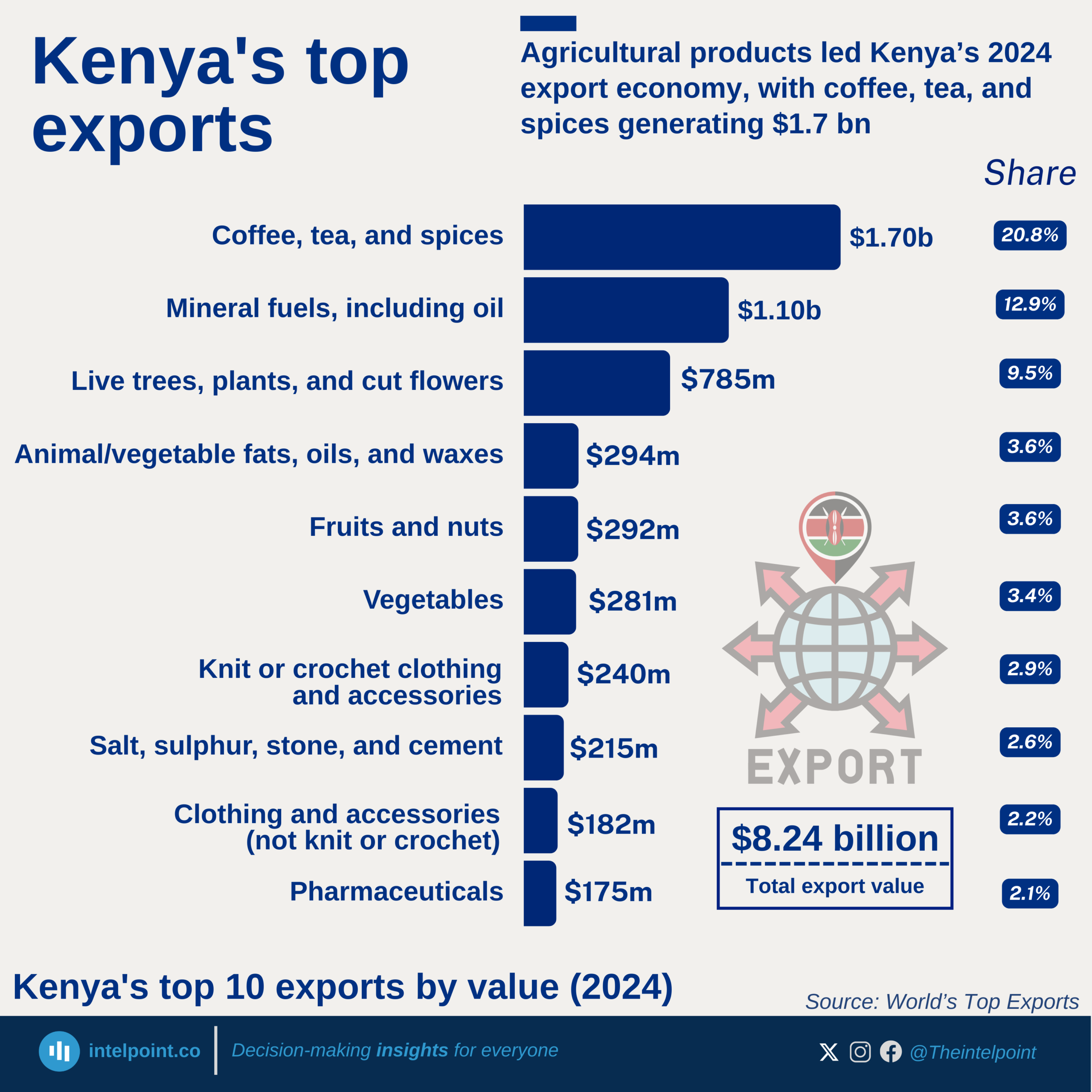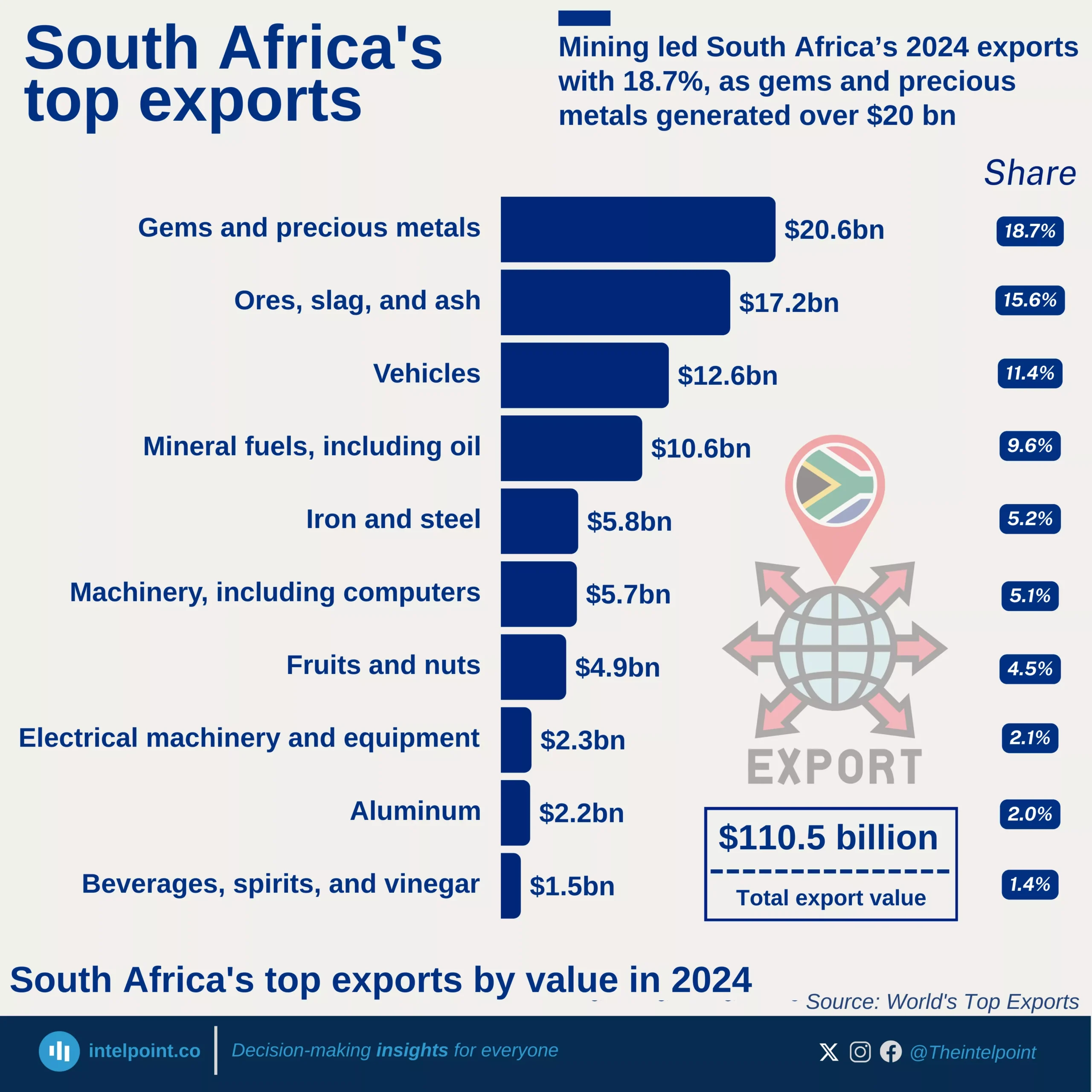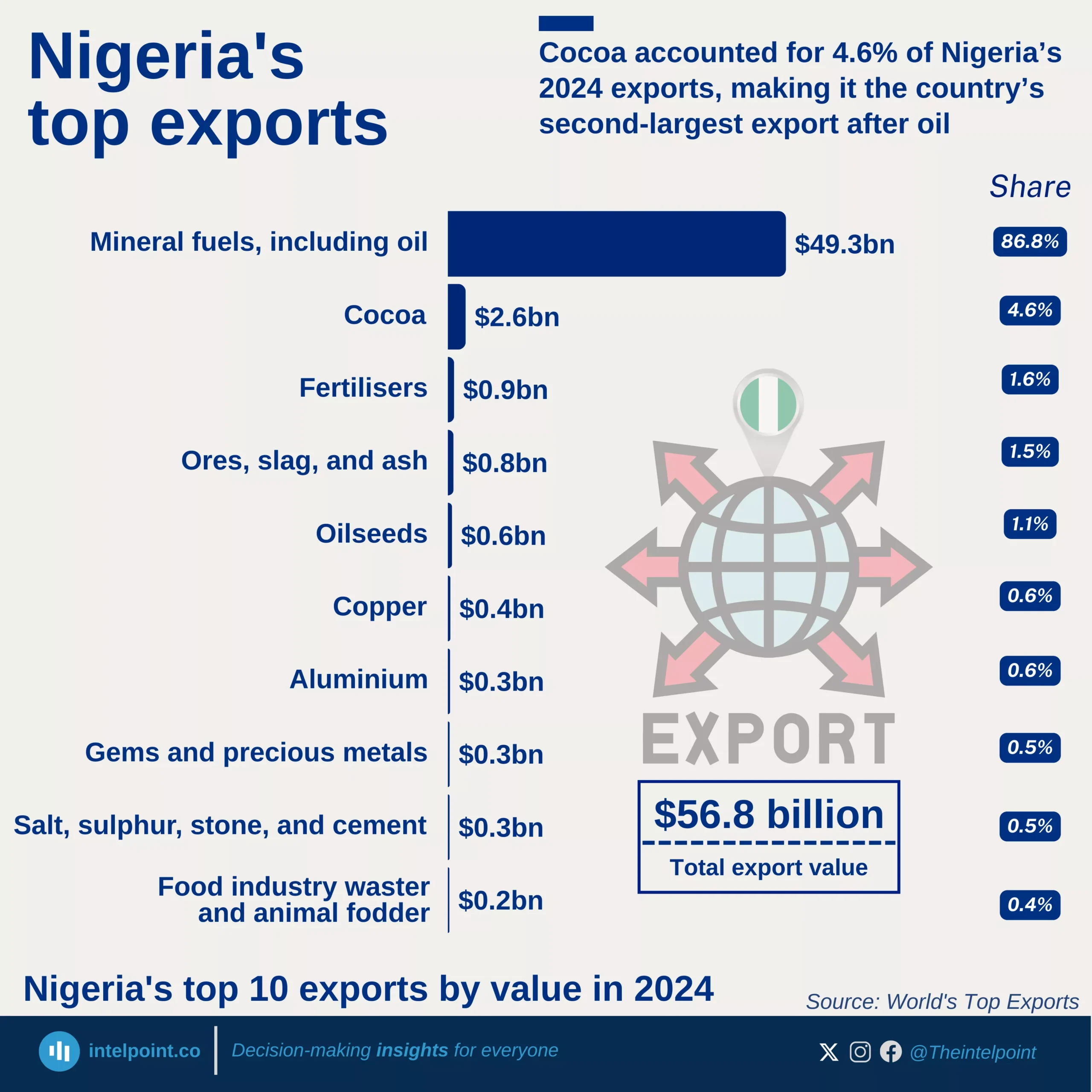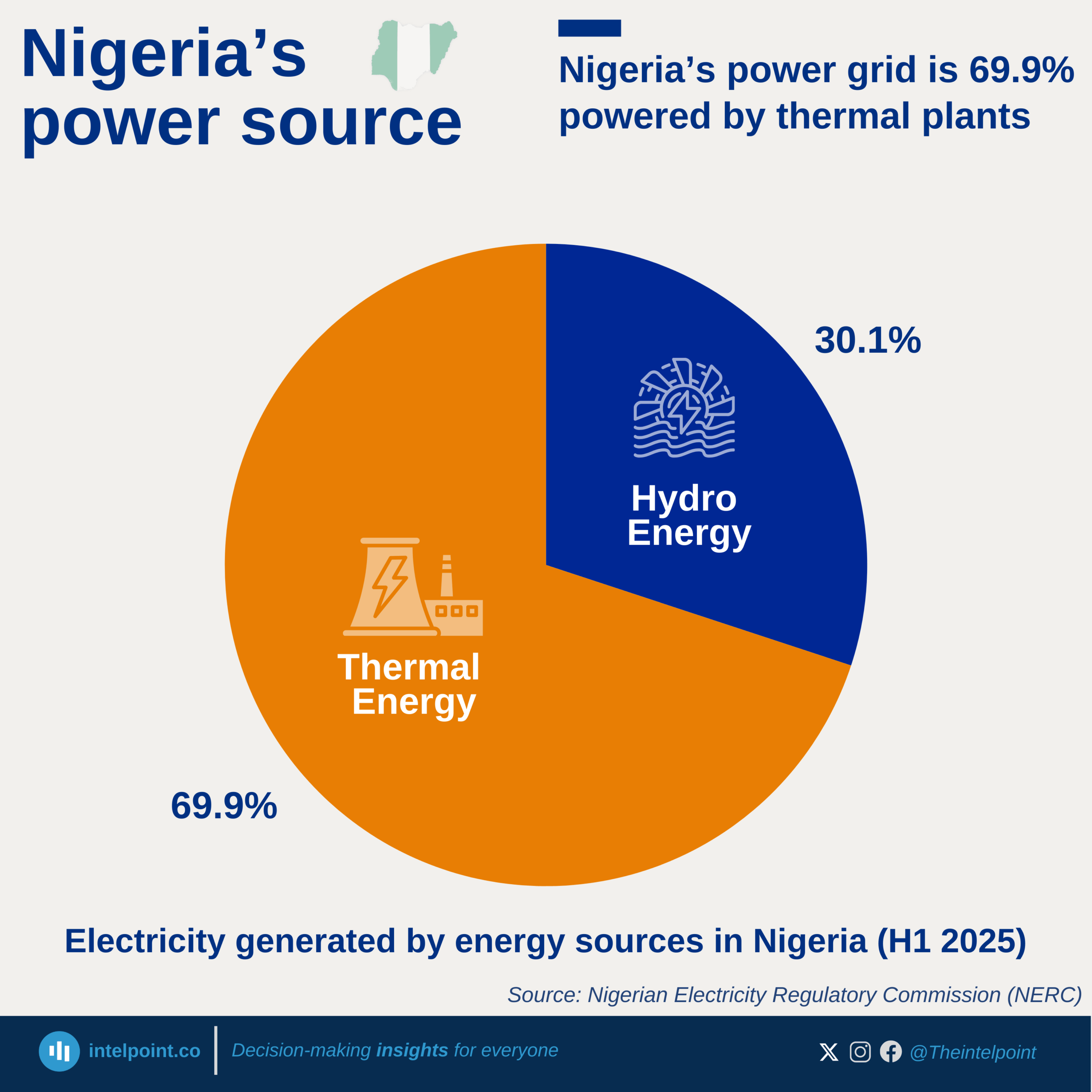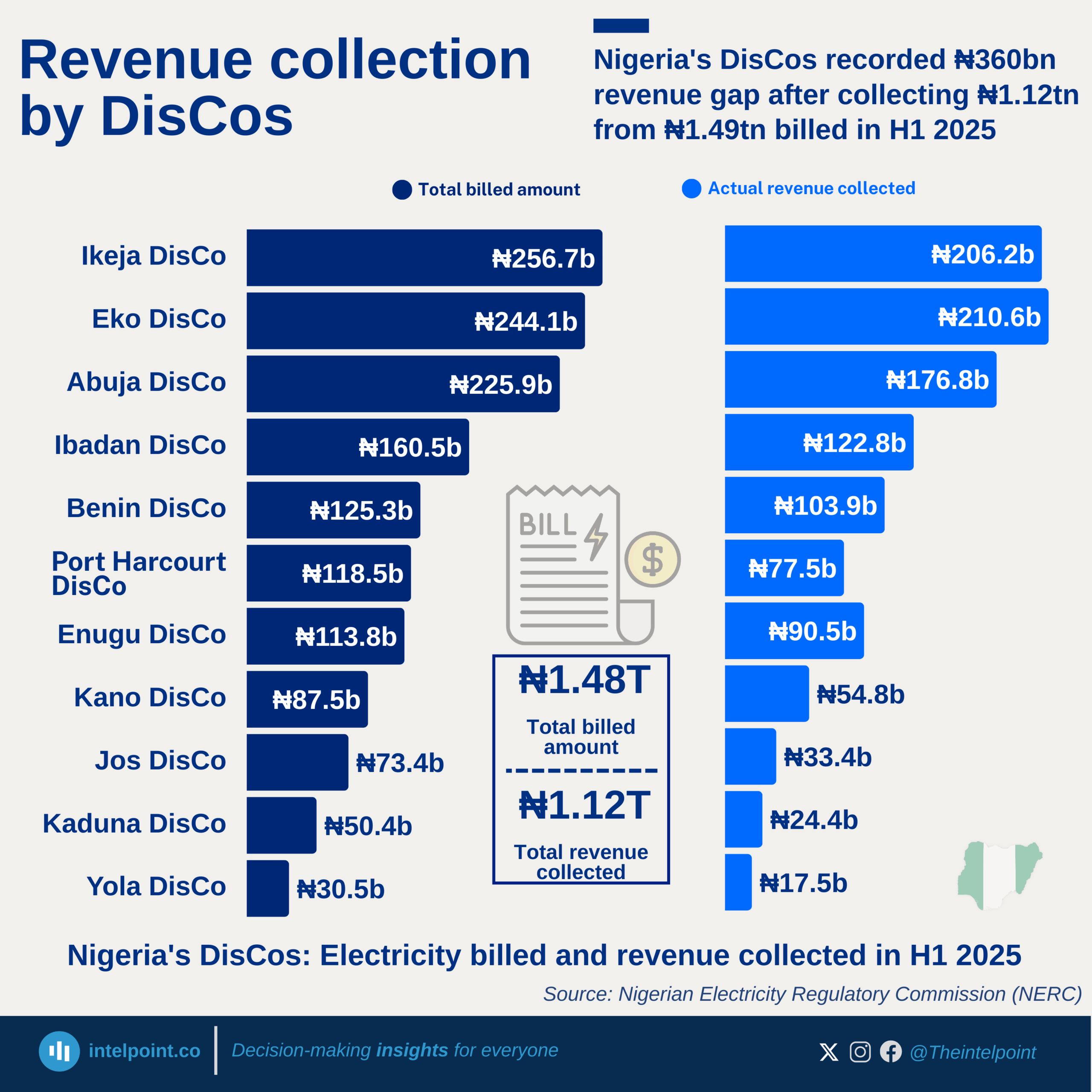Nigeria’s foreign trade reached a total of ₦36.02 trillion in Q1 2025, with exports surpassing imports and delivering a trade surplus of ₦5.17 trillion. The economy remains heavily oil-dependent, as crude oil alone accounted for the lion’s share of export earnings. Alongside crude oil, other petroleum oil products, such as lubricants, kerosene, and diesel, contributed significantly to the export value, reinforcing Nigeria's role in global energy supply chains.
Interestingly, these petroleum derivatives also featured prominently in the country’s import profile, possibly pointing to inadequate domestic refining capabilities. The import side was heavily skewed toward manufactured goods, a recurring pattern that highlights Nigeria’s limited local production capacity and high dependence on foreign industrial goods.
This mismatch, exporting raw materials and importing refined products, signals a longstanding economic imbalance. Until the country boosts its industrial and refining capabilities, this structure is likely to persist.
